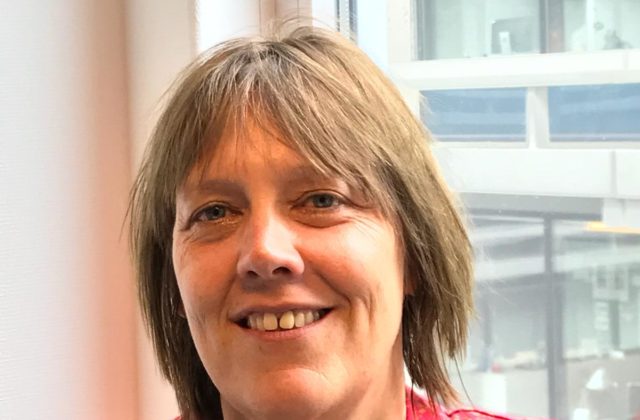The Meaningfulness of Unfree Work
Research Question
In the Netherlands as in many other welfare states, recipients of social assistance benefits can be obliged to participate in a mandatory work programme. This research project asks to which extent the work performed can be considered meaningful work and whether there is a relationship between the meaningfulness of work and the recipient’s motivation and preparation for regular work transitions.
Project Description
This project will investigate the extent to which recipients of social assistance working in (unfree) mandatory work programmes experience their labour as meaningful work and how these experiences affect their motivation and preparation for regular work transitions. On a more theoretical level, the results will illuminate the relationship between objective and subjective dimensions of meaningful work. To this end I will combine a literature study with an analysis of 43 semi-structured interviews with recipients of social assistance participating in mandatory work programmes in three different municipalities in the Netherlands. The analysis is guided by the proposition that subjective experiences of meaningful work are shaped by the harshness of the municipal sanctioning regime, which sets limits to the objective meaningfulness of mandatory work.
Selected Publications
1) A. Eleveld, T. Kampen and J. Arts (eds.), 2020, Welfare to work in contemporary European welfare states. Legal, sociological and philosophical perspectives on justice and domination, Bristol: Policy Press.
2) A. Eleveld and F. Van Hooren, 2018, ‘The governmentalization of the trade union and the potential of union based resistance. The case of undocumented migrant domestic workers in the Netherlands making rights claims’, Social & Legal Studies 27 (5), 596-615.
3) A. Eleveld, 2018, ‘The sanctions mitigation paradox in welfare to work benefit schemes’, Comparative Labor Law & Policy Journal 39 (2), p. 449-447.
